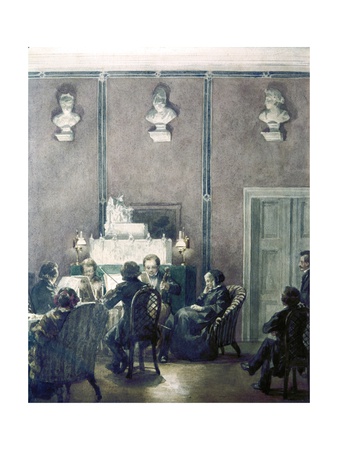From Science Daily:
[…] participants, who had an average age of 50, were recruited from pain and chiropractic clinics in Ohio, USA. They had been suffering from a range of painful conditions, including osteoarthritis, disc problems and rheumatoid arthritis, for an average of six and a half years.
90 per cent said the pain affected more than one part of their body and 95 per cent said it was continuous. Before the music study, participants reported that their usual pain averaged just under six on a zero to ten pain scale and their worst pain exceeded nine out of ten.
“The people who took part in the music groups listened to music on a headset for an hour a day and everyone who took part, including the control group, kept a pain diary” explains nurse researcher Dr Sandra L Siedlecki from the Cleveland Clinic Foundation, Ohio.
Forty people were assigned to the two music groups and the other 20 formed the control group.
At the end of the trial:
- The music groups reported that their pain had fallen by between 12 and 21 per cent, when measured by two different pain measurement scales. The control group reported that pain increased by between one and two per cent.
- People in the music groups reported 19 to 25 per cent less depression than the control group.
- The music groups reported feeling nine to 18 per cent less disabled than those who hadn’t listened to music and said they had between five and eight per cent more power over their pain than the control group.
In the original study, to which I don’t have access, one music group had their choice of music, and the other music group had “relaxing” tapes selected for them. There were some small differences between the music groups; however, it would have been interesting to carry this study farther and have a classical group as well, given the numerous other studies that have been done in similar experiments.
If you take medication for chronic pain or depression, you must report this to your insurance company, which may make it more difficult, expensive, or even impossible to get health insurance. What you don’t have to report to them is what kind of music you listen to. By listening to classical music, you may reduce your need for medications to control mood and pain, reduce your exposure to the side effects of those medications, and increase your insurability. So it’s time to load up that music player with classical music and listen. In this case, patients listened for one to two hours daily. More might be better, and unlike many other things, you can’t overdose on music!
